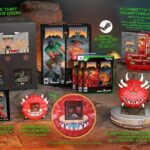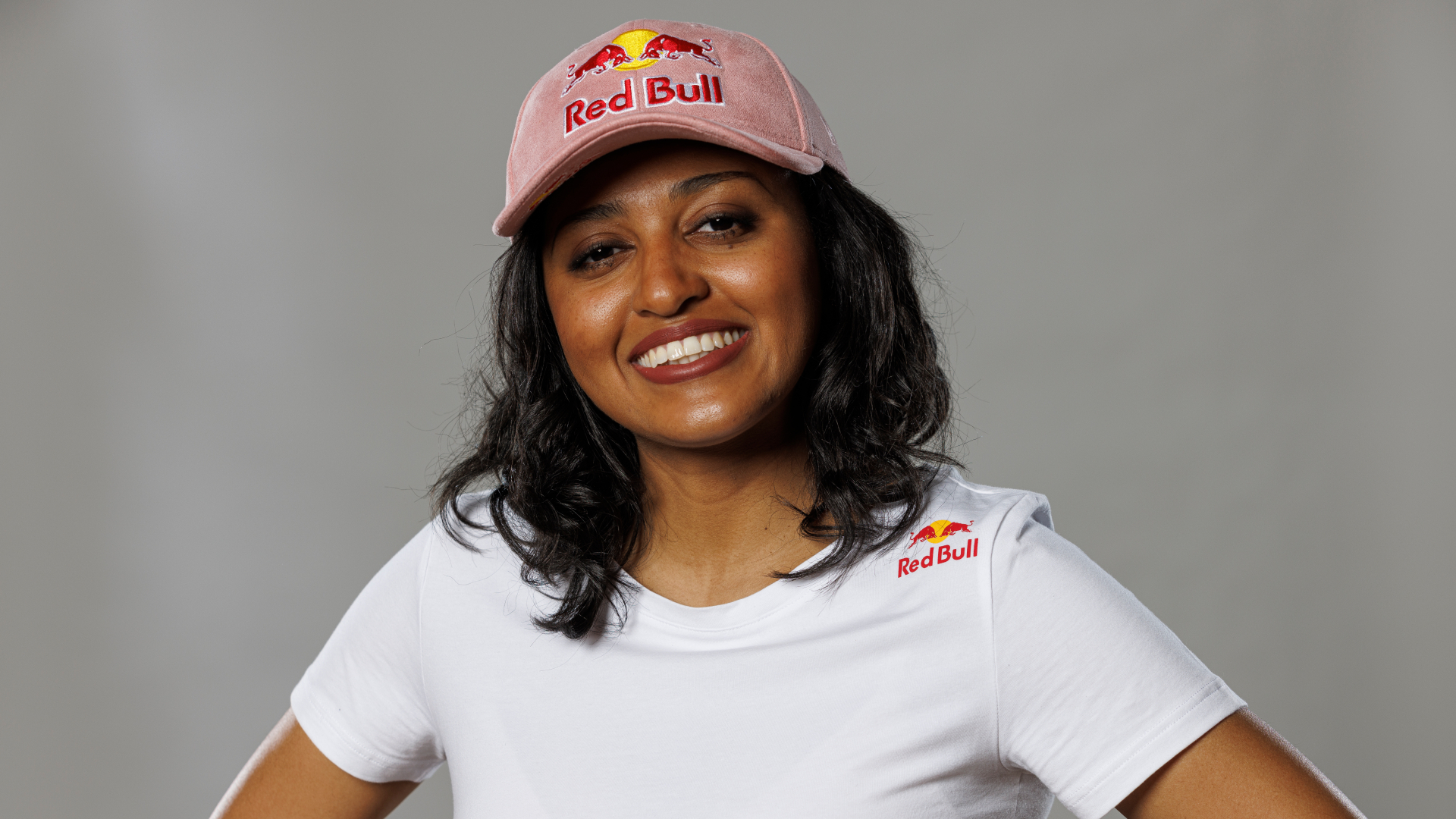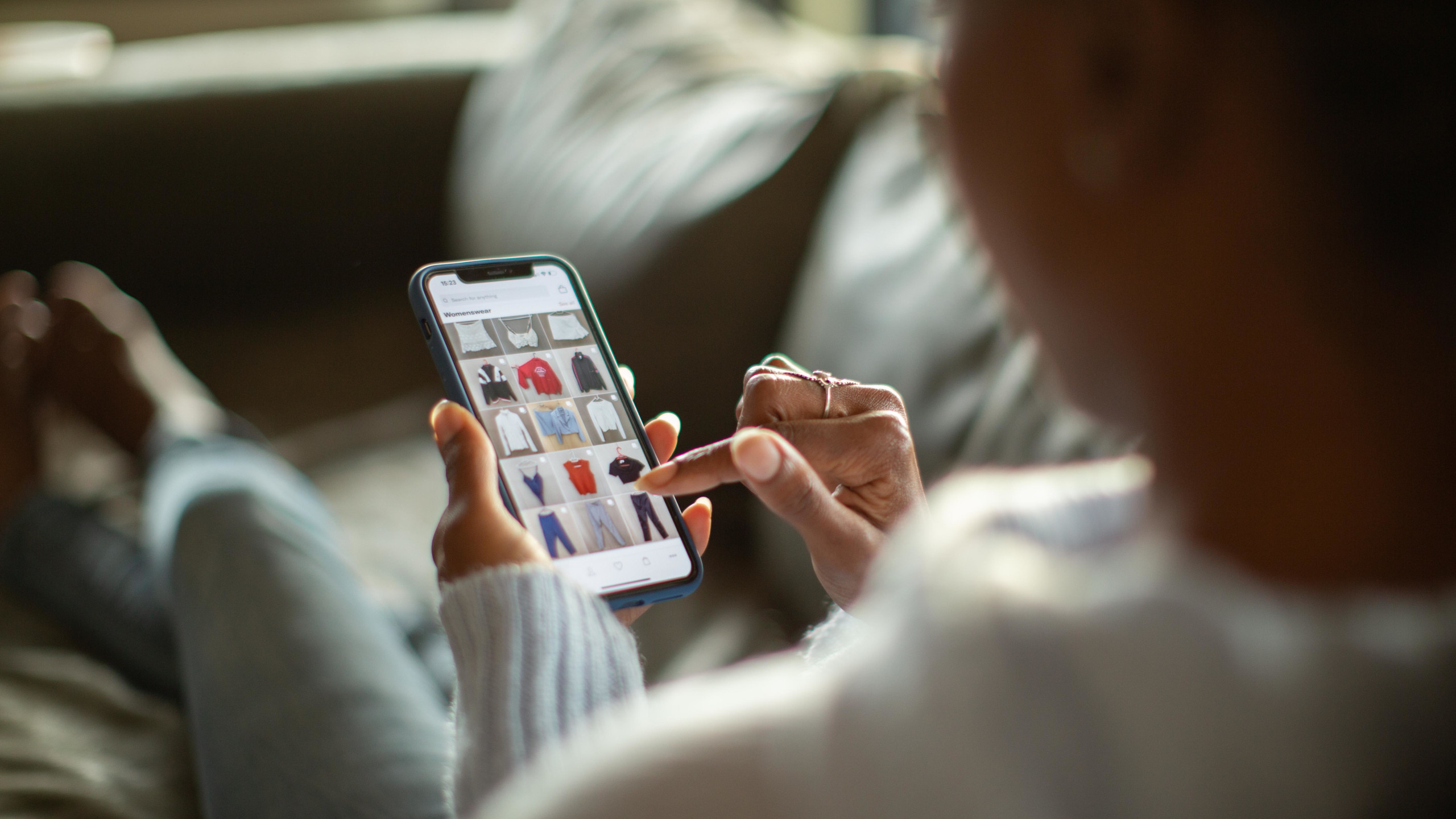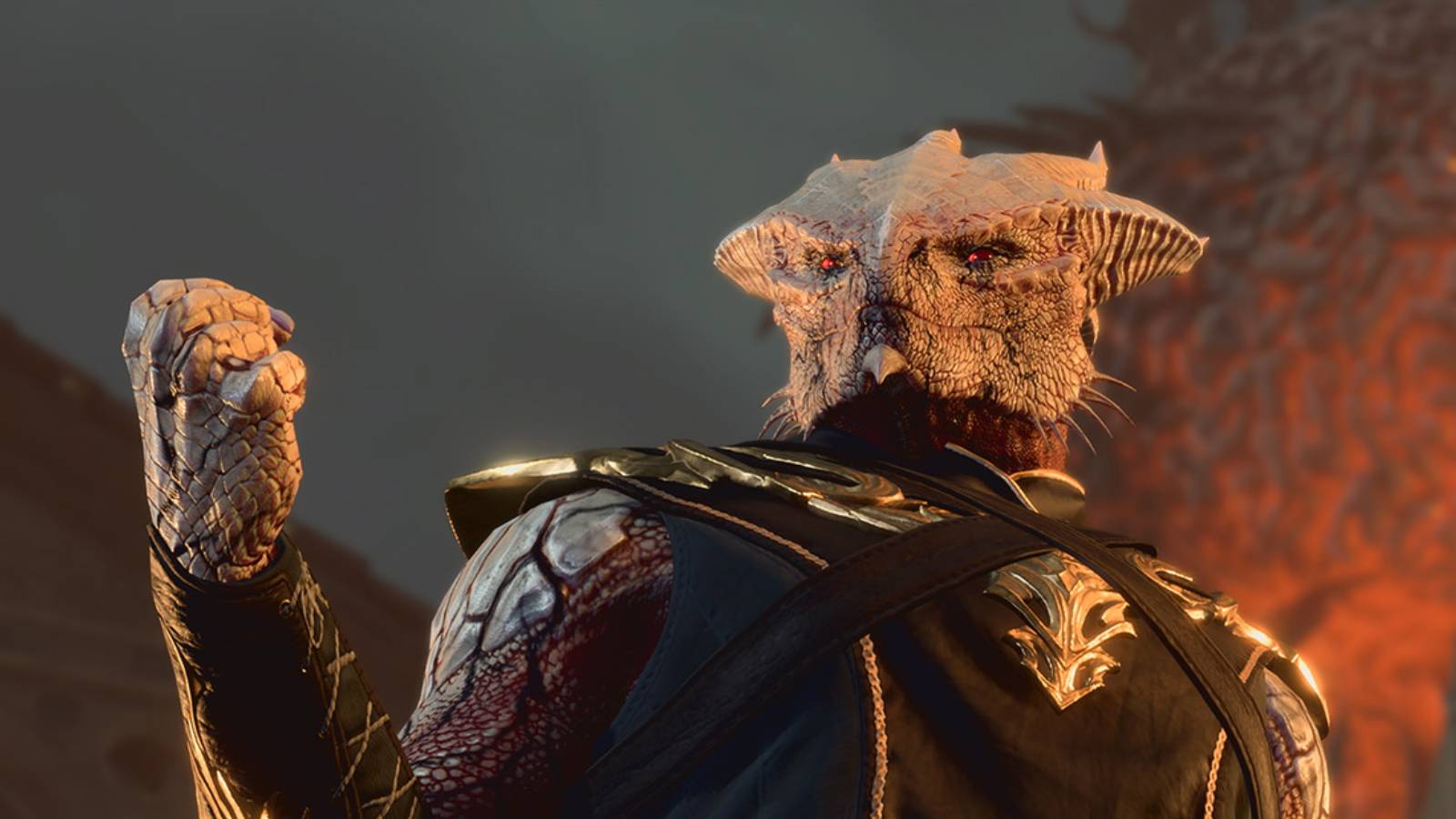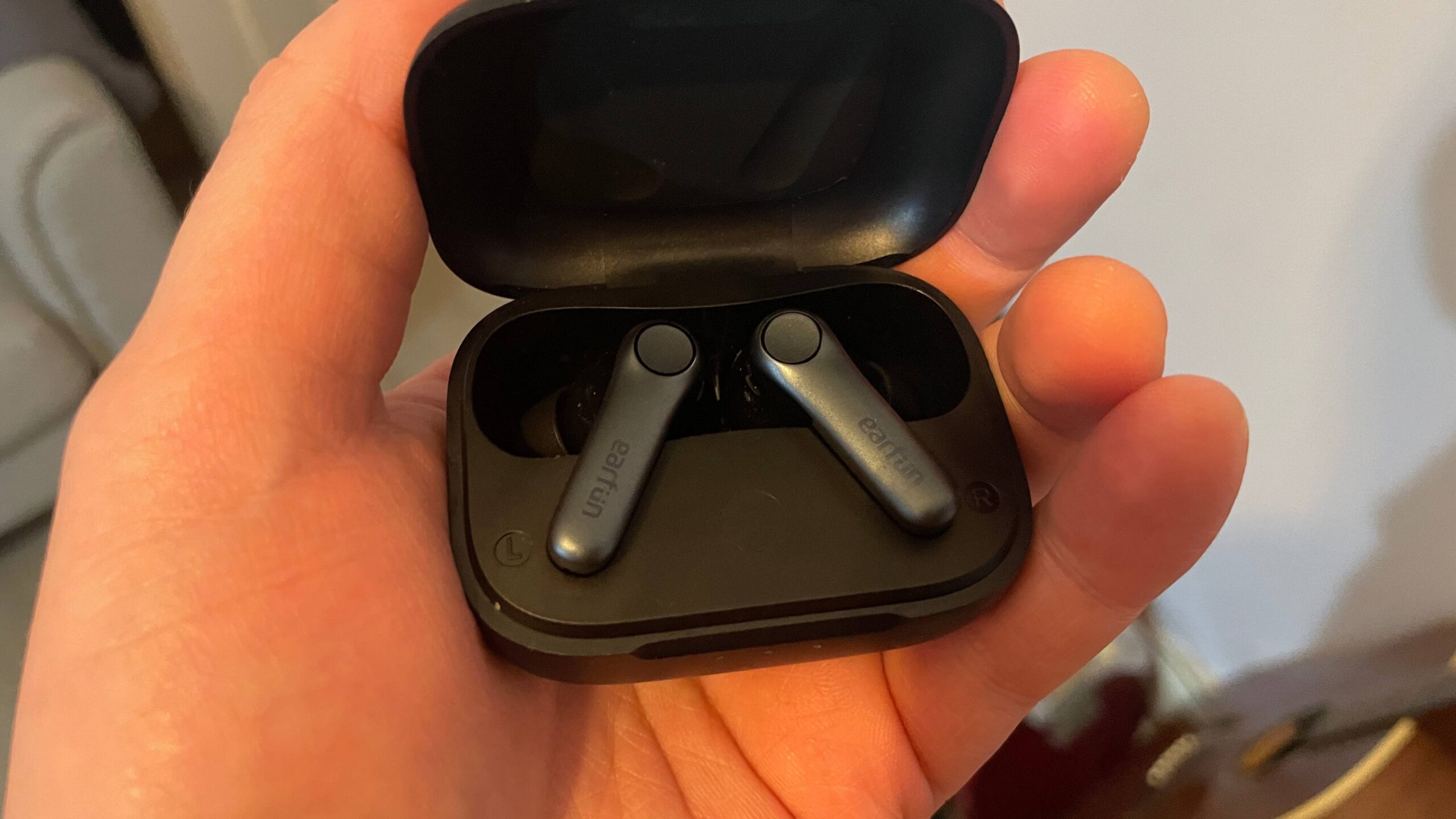I’m currently in my fighting game training arc, and I gotta be real with you: It’s been a bumpy road. It’s not easy to do away with those button-mashing habits, and taking a fighting game seriously for the first time can be a dizzying info dump with all that frame data, move list and optimal combo malarky. With Tekken 8 right around the corner, I’m desperate to take my learning to the next level to become a better player.
Thankfully, I was recently able to nab some tips from Cuddle_Core at the Tekken 8 Red Bull Pindrop event. An American professional player signed with Cloud9 and Red Bull, Cuddle_Core has been competing in Tekken since 2015—mostly playing Alisa Bosconovitch and Ling Xiaoyu—and has more than a few accolades under her belt. She was the perfect candidate for me to interrogate (politely beg for tips) on how to actually try and Get Good.
If you’re also someone looking to jump on the Tekken 8 hype train, or even another fighting game that’s caught your attention, here is some of Cuddle_Core’s advice when it comes to levelling up your game.
The right fighting game character will choose you
(Image credit: Bandai Namco)
One of the first questions people tend to ask when they pick up a fighting game for the first time is “Who the hell do I play as?” The temptation might be to look at tier lists and try and pick whoever is strongest, but Cuddle_Core says to let the right option come to you.
“I always have this thought that the character chooses us a lot of the time, and that’s because there’s something about them that attracts you to them,” she tells me. “I say go through the roster, check out the roster. Look at what characters you’re really vibing with: Look at the character models, everyone looks so unique. They stand [out], they’re all their own individual selves.”
Once you’ve seen a handful of characters you like the look of, Cuddle_Core recommends “check out the move list, maybe pick like five [characters], check them out in practice mode. Then water it down to two characters. I think based on going through the roster, checking out different characters and then watering it down to two first will really help you.”
Cuddle_Core says it’s best to ignore tier lists early on. “It should be off of what’s cool or interesting about them over who’s broken, I think especially for people who are just starting out,” she tells me. “I think just enjoying the game and selecting characters based off of that first matters so that you can just learn fundamentals as a whole. Because regardless of who you play and how strong they are, you have to know fundamentals. You have to know what you’re doing.”
F*ck around and find out
(Image credit: Bandai Namco)
Once you’ve found the character you vibe with the most, you might be wondering “Okay, what now?” Cuddle_Core has a few tips for what to do next: “Checking out the move list, of course we always have to check out the move list. But also doing punishment training, watching videos for sure of how other people play the characters. But also getting your feet wet, going into ranked battle and just getting an understanding of what your character has in general. Mess around with the move list, get a feel for that.”
Experimenting with moves and seeing what they do is invaluable for getting to grips with just how a character plays. “Sometimes it’s five to ten moves that you can start with that really helps you understand,” Cuddle_Core says. “How do I control space with this move? Does my character have a lot of grabs? Is my character a fast attacker, are they slower paced? Ask yourself these things.”
When it comes to watching players who are experts with your chosen character, Cuddle_Core says to look at things with a critical eye. “I think that emulating [pros] is not bad because when you watch another player who’s really experienced using the character in a way that you want, I think it can help you.” she tells me. “Asking questions of them is really important as well. ‘Hey, why did you go for this throw?’ or ‘Why did you use this particular move in this situation?’ I think it really helps.”
Use practice mode and replays to analyse your way out of ranked mode frustrations
(Image credit: Bandai Namco)
Listen, I’m no stranger to a little bit of salt when it comes to grinding through ranked mode. Losing matches can feel rough, and it’s easy to take consecutive losses pretty damn poorly.
Trying to avoid that upset and demotivation can be tough, Cuddle_Core says to try and look at things more analytically and ask what it is you’re doing wrong in those moments. “I always recommend people record their matches in ranked,” she tells me. “You’re gonna be going against a lot of new things, especially if you’re a beginner. A lot of these things are new.”
That’s a lot easier to do in games like Tekken 8 thanks to its Replays & Tips feature, and Cuddle_Core tells me the best thing to do is to try and experiment with scenarios that are trying to trip you up. “See what you can do to get around the move that’s been beating you, or the strings or attacks. I find that super helpful because it’s not just theorising in your head, you’re seeing it in real time about what you can potentially do in that situation.”
Cuddle_Core believes the optimal time to look back on your matches is around an hour or two after playing, so things are the freshest in your mind for that moment.
Find something or someone to help motivate your progression
(Image credit: Bandai Namco)
When it comes to her biggest motivator for improvement, Cuddle_Core loves seeing results. “It’s infectious,” she tells me. “I’m hungry because if I’m seeing I’m improving because I’m applying these particular techniques … I’m like ‘man, I’m really improving.'”
Whether that be blocking a move that’s been consistently hitting you, correctly punishing something, or finally executing a combo that’s been giving you trouble, celebrating both the little and big wins can be a great motivator to continue levelling up. Cuddle_Core cites her coaches as a huge help too, and people that keep her working hard.
There are also more tangible motivational rewards. For Cuddle_Core, it’s tournament places and medals. “Getting a medal or trophy is one of my biggest motivators ever. I mean, [it’s] physical evidence that you’re improving and I think for me, I love that. I wrote for one of my goals a year-and-a-half ago: ‘I want more shiny medals.’ And I got them because I was putting in the work already, naturally.”
Once you gain some momentum with that motivation, it can help propel you. Cuddle_Core tells me: “The great thing about goals is you start off with different levels of goals and over time you’re like ‘Oh, I’m really getting good at these goals, now I can amp them a little bit.'”
Finding your own motivation—whether that be something small in the game, dominating a local tournament or having a training buddy to level up with—can be a great way to stay in the game and tough out the lows.
Seek out a like-minded, safe community
(Image credit: Bandai Namco)
Part of what makes fighting games so special is how community-centric and collaborative it can be. It’s still a scene very much rooted in offline play, with weekly locals and tournaments where hundreds of people gather are common.
It makes sticking with fighting games so much easier, but it’s important to be safe. As a woman who’s trying to be more active in this space, I ask her what advice she can give for those also looking to become more immersed in the community.
“I believe in going with friends or family first,” she says. “You can’t just trust people off [the bat] … to make sure you are protected and know that you can enjoy what you’re doing and engage with folks, it’s important to have people that you know with you.”
She continued: “Travel in a group—in general, I just believe in that. Also connecting with people who are like you, women who are like you, other folks who are like you and they wanna grow, they wanna improve, and those morals align.
“I think seeking that out as well, seeking that community out is super important.”
It’s not just advice for women or marginalised groups either. It’s a great thing to bear in mind for all members of the community when they’re just starting out. Ultimately, finding your people and being able to comfortably attend a local scene with them will do a lot to help the learning journey.
“I know how much it meant to me when I was in my local scene and there were these really inviting, friendly folks, and I am as well,” Cuddle_Core says. “And I loved being able to sit down and somebody could help me and they weren’t judging me because I wasn’t on the same level as them, right? So having that inviting group is super important.”





